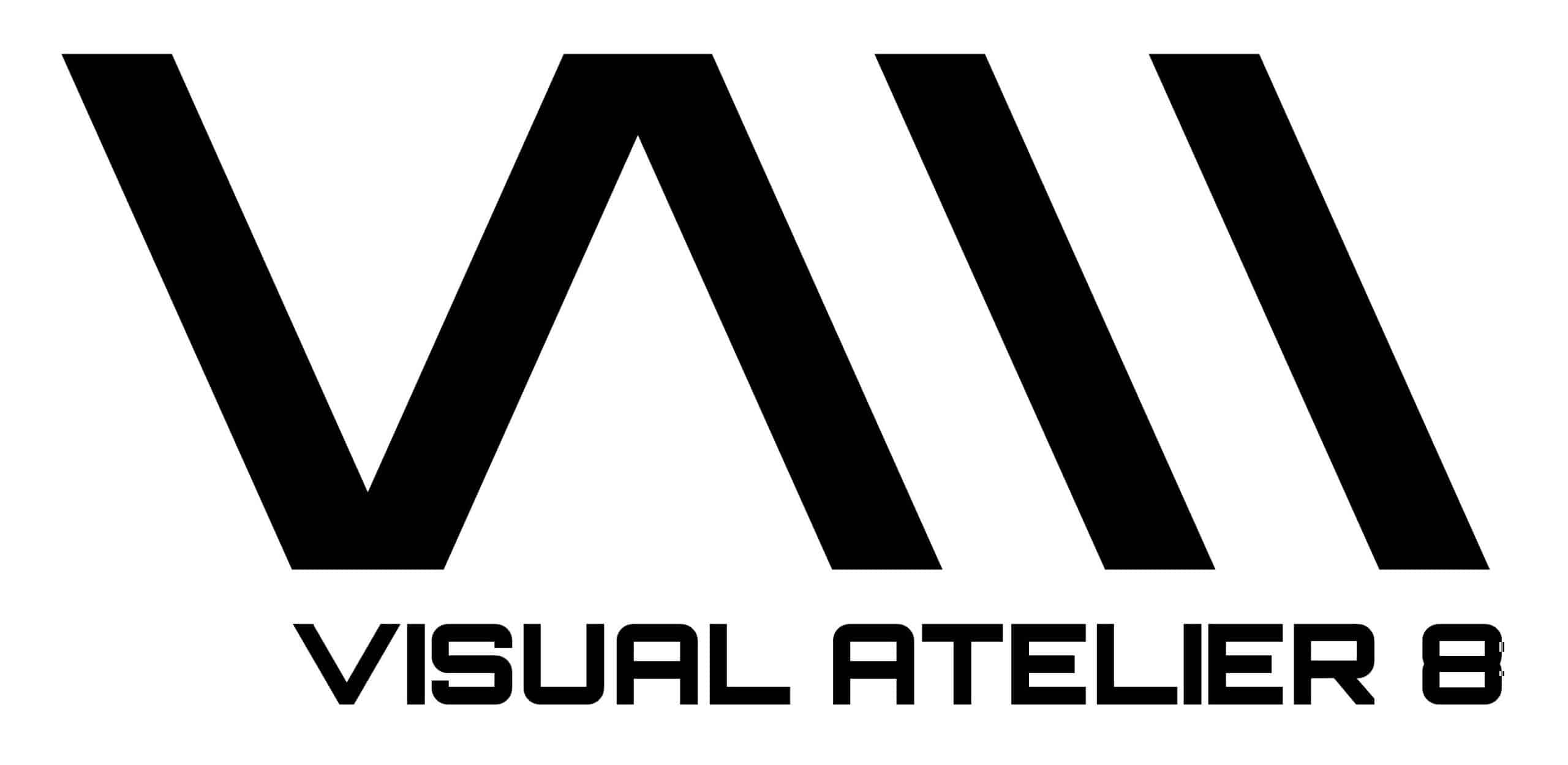
Studio TOOJ presents sculptural sustainable furniture with the DUK series
Studio TOOJ’s latest expansion of its DUK series at Milan Design Week 2025 marks a significant moment in contemporary design, where surrealist vision meets sustainable luxury. Building on the success of the original DUK floating corner table, which debuted at Alcova Miami in 2024, the series now includes a side table and pedestal.
These new pieces continue the brand’s investigation into visual illusion, form manipulation, and tactile storytelling, all wrapped in an aesthetic that challenges traditional material expectations. Studio TOOJ’s work is increasingly defined by its ability to merge sculptural artistry with environmentally responsible innovation.

The illusion central to the DUK series is both visual and conceptual. What appears at first glance to be softly draped fabric is in fact a solid, expertly sculpted form. This deliberate tension between appearance and materiality draws from surrealist influences while pushing technical boundaries in furniture design.
Ashley Wilén-Jong, co-founder of Studio TOOJ, notes that the fascination with perception and ambiguity fuels much of the studio’s creative direction. Each piece from the DUK series acts as a tactile paradox—solid yet soft, functional yet sculptural—inviting viewers to re-evaluate their understanding of luxury materials.

Central to this illusion is Reishi™, a sustainable and premium material developed by biomaterial pioneer MycoWorks. Entirely grown from mycelium, Reishi™ offers a unique surface quality that mimics the softness of leather while boasting an organic, irregular texture.
This makes it the perfect medium for Studio TOOJ’s commitment to craftsmanship and sensory engagement. Reishi™’s renewable properties offer not just an aesthetic upgrade, but a philosophical alignment with the studio’s mission to create pieces that are both beautiful and forward-thinking.

The DUK collection presents an alternative narrative in the world of high-end interiors, one that doesn’t rely on rare hardwoods or mined stones to signify luxury. Instead, Studio TOOJ is advocating for a paradigm shift where innovation is an extension of heritage, not a departure from it.
Johan Wilén-Jong emphasizes that their respect for traditional materials like wood and stone informs how they approach new mediums. The goal is not to replace legacy techniques but to expand the design language by embracing sustainable technologies that honor the past while shaping the future.


As interior designers and architects increasingly prioritize sustainability without compromising on sophistication, the DUK series stands as a timely example of what’s possible. Each piece is crafted to provoke thought and inspire connection, between the viewer and the object, between material and message.
In this way, Studio TOOJ continues to redefine the boundaries of contemporary luxury, one sculptural illusion at a time. Their work suggests that true elegance lies not just in form or function, but in the values embedded in every surface and silhouette.

Photography by Felix Speller, with courtesy of Studio TOOJ
Interested in publishing your work?
If you are interested in having your work featured on Visual Atelier 8, please visit our Submission page. Once approved, your work will be presented to our global audience of professionals and enthusiasts.

